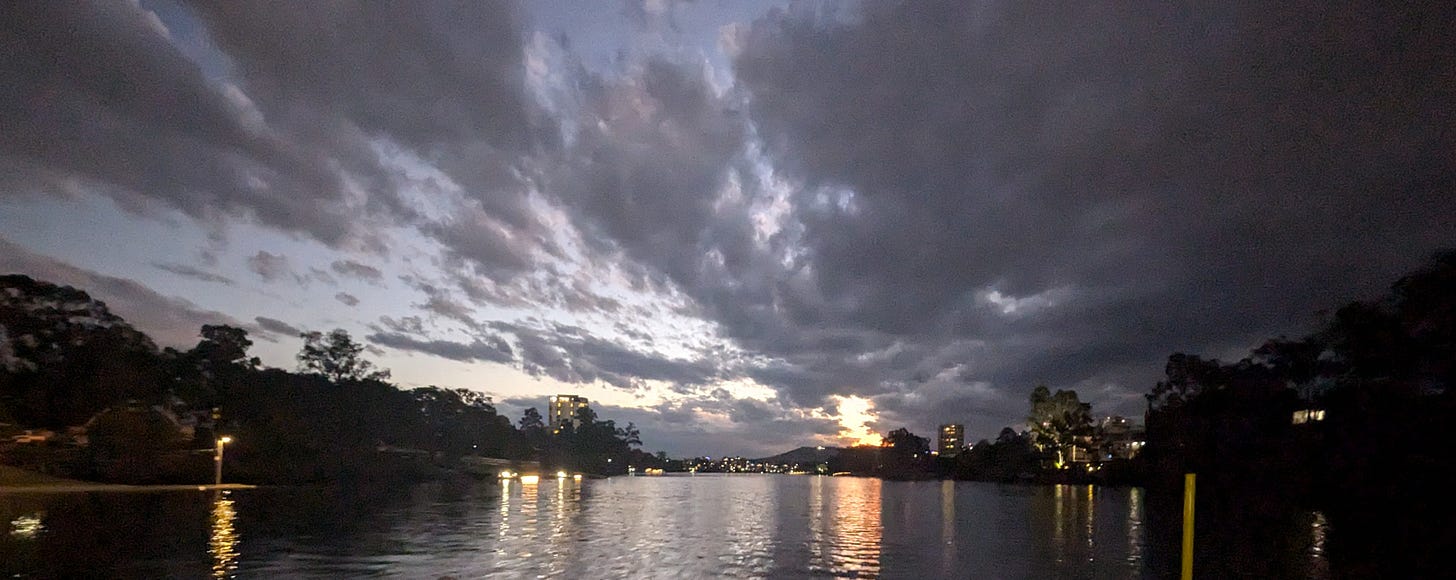The case for criminalizing scientific misconduct: “In 2006, Sylvain Lesné published an influential Nature paper showing how amyloid oligomers could cause Alzheimer’s disease. […] Sixteen years later, Science reported that key images of the paper were faked, almost certainly by Lesné himself […] Lesné’s alleged misconduct misled a field for over a decade. We don’t know how much it has delayed an eventual treatment for Alzheimer’s, and it was not the only paper supporting the oligomer hypothesis. But if it delayed a successful treatment by just 1 year, I estimate that it would have caused the loss of 36 million QALYs (Quality Adjusted Life Years), which is more than the QALYs lost by Americans in World War II.”
One of my unpopular beliefs is that “we1” pay too little for patented medications. Tyler Cowen seems to agree and has this banger line: “I do not believe we should cancel those who want to regulate down prices on pharmaceuticals, even though likely they will kill millions over time, at least to the extent they succeed.”
Related to #2, if you are not reading Everything is an Emergency, you should be. Here is a recent quote:
The FDA is regulating emerging drugs to death, which means dying patients are also being regulated to death. They’re a cost of doing business, and one the FDA doesn’t consider when encouraging clinical trial restrictions and slowing down access.
If there is something that I disagree with the piece quoted above is that Bess discusses the issue through the lens of “action vs inaction.” This is an interesting angle, but the actual policy that is being followed (and perhaps killing her husband) is not inaction. The policy is an active policy: it is a credible threat to send the police after anyone who would synthesize and take the drugs that the FDA is not authorizing2 even if they could help.3
Travel: I will be in Montreal next week and SF after that. Come say Hi!
Photo of the Week
Mostly countries that are not the US but are still rich enough should be paying a lot more, but even the US should probably pay more.
Technically, the FDA does not itself have a police force, so it’s right to say that the FDA is not acting, but there is a broader system that says that you go to jail if you take drugs unless the FDA has given them its blessing.
The same is true of housing policy. When people say “we didn’t build enough housing,” that makes it seem like we just forgot instead of the actual policy whereby some people wanted to build housing, but cops would have shown up to stop them if they did (and often cops did show up).




«One of my unpopular beliefs is that “we” pay too little for patented medications.»
I wonder why that's unpopular. Perhaps because fat cats have far exceeded all obesity charts long ago, and Big Pharma is already obscene enough? Because all healthcare should be free, and private companies should only supply non-essential parts of it - brooms and paper clips?
I do, however, know why these more popular views are unpopular not only with corporate shills, but also with many doctors and scientists: because it's nice to make a lot of money from a basic human need. It's nice to work in a field that will never lack very well paid jobs and perks.
Naturally, that money has to come from somewhere. So we should pay more. Always more.